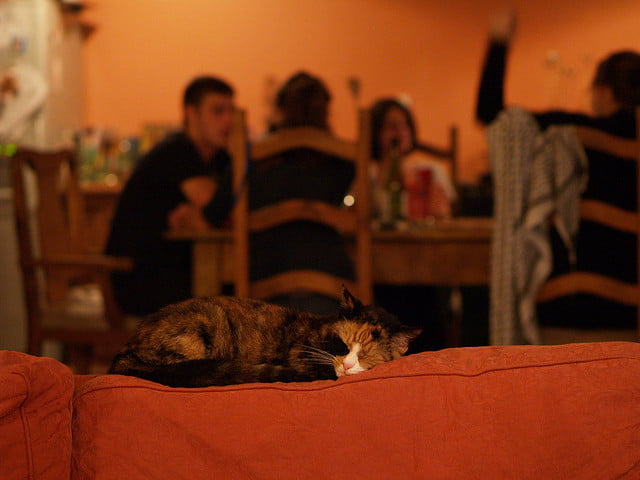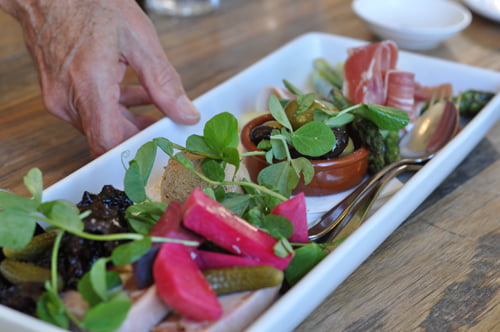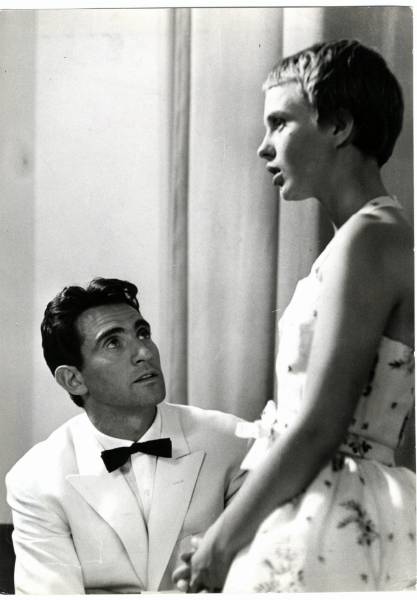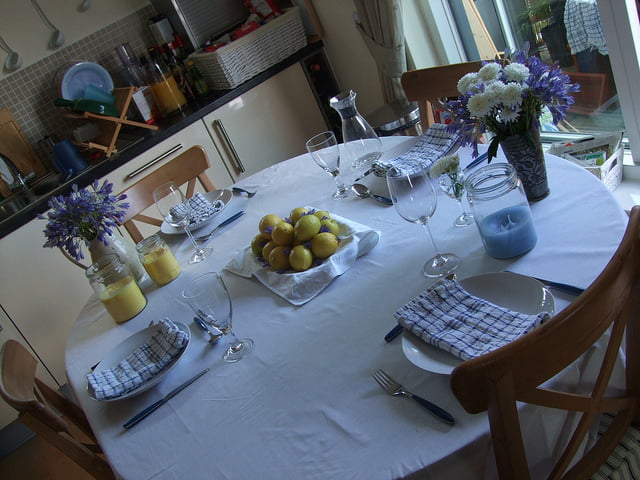Demystifying French dining etiquette – Part One: Before the event
After over six years of living overseas and extensive travelling, I’ve learnt about many cultures, including my own! Things that we take for granted in our home country can seem very different or surprising to visitors from other countries.
Table manners are very important to French people and can be tricky for overseas visitors. If you are planning on visiting France any time soon, here a few tips that you may find helpful.
Here is part one of our ultimate guide to table manners à la française: Before the event.
1. Extra guests & pets – Ask first
You are not allowed to bring friends (nor pets) without asking your host first.
Tip: If your French host agrees for you to bring a friend, DO bring a friend. Your host would be annoyed if you change your mind repeatedly, especially if extra food has already been catered for.
2. No BYO
In France the concept of BYO doesn’t exist (at home, nor in restaurants).
Unlike in Australia, in France you would never be expected to bring your own meat to a BBQ party. It would actually be considered rude to bring food for yourself only and not to share it with the other guests (it would be even more rude for the host to ask you to bring your own steak!).
Usually if you are invited, it means the host is prepared to cater for everything. If not, they would politely ask you if it is possible for each guest to bring a dish, a bottle of wine or something for dessert.
Tip: You are expected to offer before they ask!
3. Offer to bring something
When you RSVP to a dinner party in France, you should always ask your French host what they would like you to bring on the day. They would usually either decline your offer or ask for some wine, sparkling or dessert.
The host usually shares with all of the guests what they receive on the day (wine, dessert, chocolate, cheese etc.) It would be considered rude for the host to keep it for themselves (unless the giver specifically request so and specifically mentioned it is a gift).
Tip: If the host tells you not to bring anything, still bring something! (a bottle of wine or maybe some flowers).
4. Dress etiquette
Clothes should be elegant and classy, no cleavage or upper thigh exposed for women. See-through and too revealing clothes are a sign of bad taste.
French people are a little conservative when it comes to clothing. However, backless long dresses and elegant blazers are considered classy.
Quality fabrics are always to the French liking. Shoes should be discreet-looking. Runners are looked down upon.
5. Arrival time
If invited to a dinner party or lunch at somebody’s house in France, you are expected to arrive 15 minutes later than the announced time. The French host would hate you for to arrive while they are still preparing, setting the table or cooking.
6. Assistance
Don’t forget to offer assistance to your French host (before, during and after the party). Ask him or her beforehand if they require you to arrive a little earlier to help with the preparation. In 99% of cases the answer is going to be no. But your host will be pleased that you’ve asked.
7. Timing
In France, if someone organises a ‘lunch’, it would usually start at around 12.30pm, (never in the middle of the afternoon like it happens sometimes in Australia! Lunch shouldn’t start after 1.30pm!).
Dinner can be anytime from 7pm to 7.30 (starting with aperitif, or pre-drinks). Dinner would normally not start after 8.30pm unless a special occasion like a wedding.
This article was originally published on Mademoiselle Slimalicious.Image credits:
1. Dining etiquette, via Kitschy Koo
2. Dinner, by rlcasey on Flickr
3. & 4. Hannah Duke
5. Bonjour Tristesse, via Tumblr
6. Dinner Party Table Decoration, by Elin B on Flickr













Thank you for posting my article. I hope My French Life’s readers like it! 🙂
Hi Cyndie, this is a great article! I always feel unsure of the social protocol when in a different culture and i don’t want to seem rude. I feel much better now about dining with mes amis français 🙂
Thank you Alex, I’m glad you found the article useful.